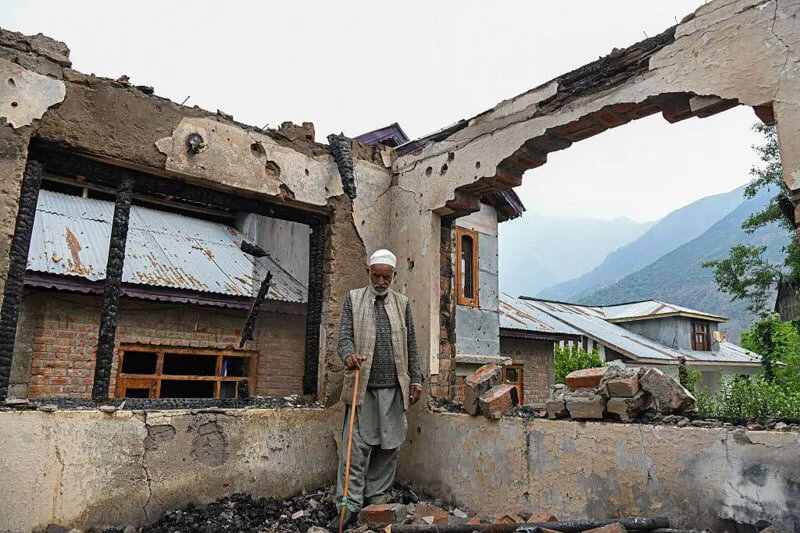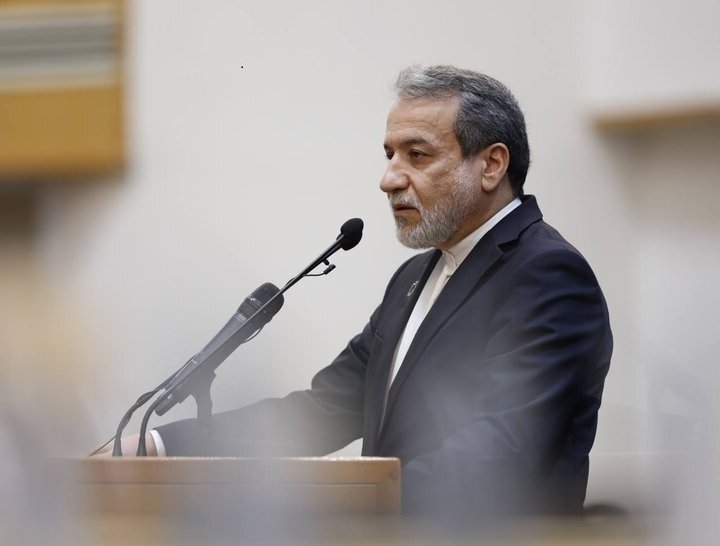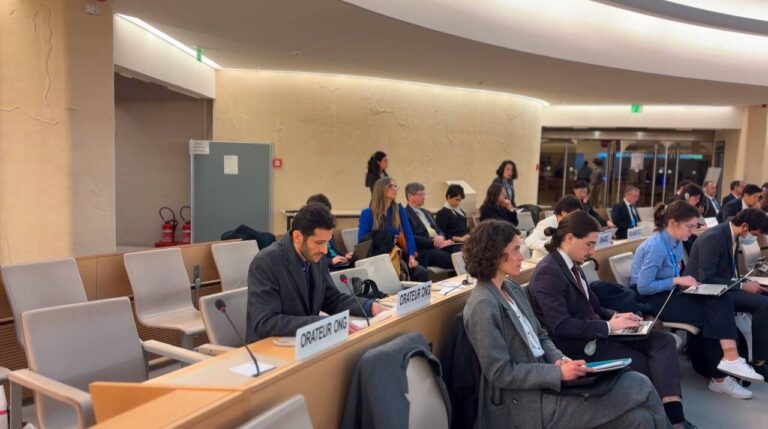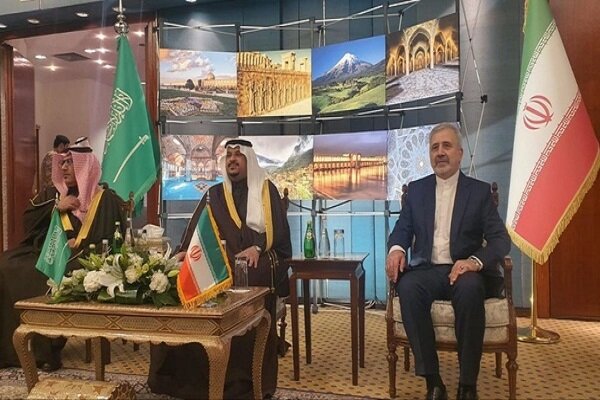India-Pakistan Showdown: A Pivotal Moment for Global Peace and Stability
In the ongoing conflict between India and Pakistan, the recent attack on tourists in Pahalgam has intensified concerns over regional stability and global peace. This tragic incident has not only shocked the local community but has also left a lasting impact that military solutions cannot remedy. In a remarkable turn of events, the people of Kashmir have vocally condemned the violence, emphasizing the need for compassion and dialogue amidst a backdrop of hostility.
The past few weeks have once again illustrated the severe vulnerabilities and devastating consequences of armed conflict in South Asia. Both countries are on the brink of a nuclear catastrophe, necessitating a comprehensive approach to understand the global ramifications of their actions.
The principle of nuclear deterrence, which suggests that the catastrophic outcomes of nuclear warfare will prevent nations from engaging in such conflicts, is increasingly tenuous in today’s charged environment. As tensions mount, the risk of nuclear weapons becoming a focal point of conflict escalates.
Social and conventional media play a pivotal role in this dynamic, amplifying the rhetoric surrounding the conflict and often drowning out the urgent calls for non-military solutions. The sensationalism prevalent in today’s media landscape threatens to overshadow the potential for peaceful resolution, which is historically rooted in dialogue and treaties.
- India and Pakistan have previously managed their disputes through peaceful negotiations.
- Current media narratives often emphasize militarism, complicating efforts for dialogue.
- The most vulnerable populations, particularly civilians near the Line of Control (LOC), bear the brunt of these tensions.
The ongoing military standoff has resulted in significant loss of life and disruption of livelihoods, displacing numerous families and straining community resources. Regions like Pirpanjal and Northern Kashmir have been deeply affected, with residents facing the relentless threat of violence and instability.
Furthermore, the recent aerial confrontations serve as a stark reminder that unresolved political conflicts, fueled by national pride and ego, can escalate into a high-stakes game with dire consequences. We now face a precarious situation, where even minor miscalculations could lead to catastrophic outcomes that threaten not just the immediate region but also global stability.
From the ongoing Russia-Ukraine conflict to unrest in West Asia, the implications of such conflicts extend beyond mere statistics; they represent real human experiences—families torn apart, children traumatized, and communities left in ruins. The dire outcomes include:
- Loss of shelter and displacement of families.
- Lack of access to essential resources, including healthcare and nutrition.
- A growing humanitarian crisis demanding immediate attention.
In this fragile environment, the necessity for dialogue has never been more pressing. To foster a climate of understanding and cooperation, it is essential to combat extremist ideologies and prioritize the safety and security of all individuals in the region. Only through embracing diplomacy and reducing anti-people rhetoric can we hope to build a more peaceful and secure future for generations to come.
The call for peace is not just a distant dream but a necessity for the survival and well-being of millions in the region. As the world watches, the responsibility lies with both nations to seek a path toward reconciliation rather than continued conflict.
In conclusion, the recent tensions between India and Pakistan serve as a reminder of the stakes involved in regional disputes. It is crucial to prioritize dialogue over militarism and to cultivate a culture of peace that honors human life. The future of South Asia and the broader global community depends on our collective efforts to prevent further escalation and to promote understanding.
(The author can be reached at: [email protected] / X: @agasyedmuntazir)






